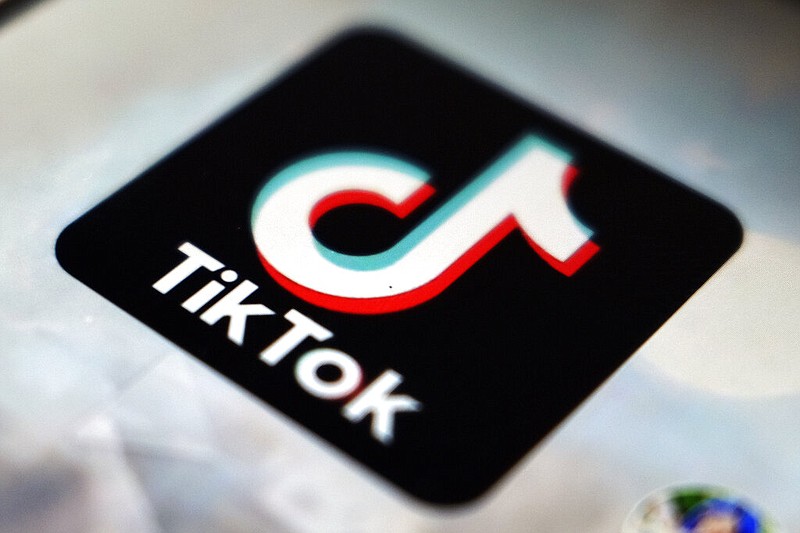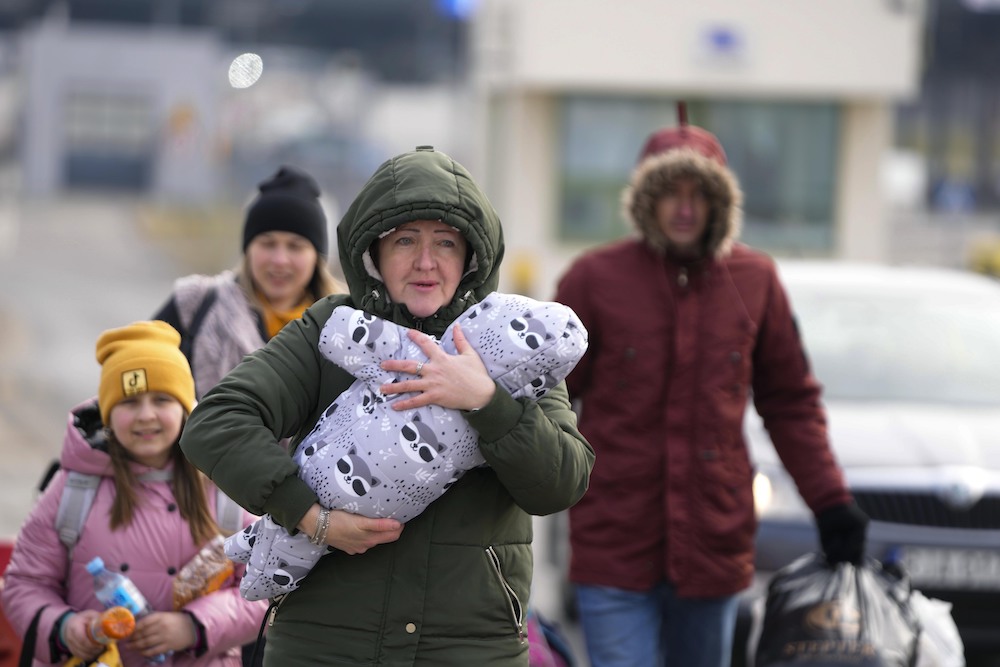When I was a young reporter back in the 1980s, I would sometimes find myself late at night in the newspaper morgue (clip file room) talking to John Popham, a former managing editor of The Chattanooga Times.
[READ MORE: John N. Popham IV Chattanooga's iconic newsman]
I was in my 20s then and Popham was in his 70s, and sometimes our conversations would drift to his service in World War II. In addition to being a former New York Times reporter who covered the civil-rights movement across the South, Popham was a captain in the Marines and served a tour of duty in the Pacific, where he was awarded the Bronze Star.
A veteran of several amphibious landings, he talked about the carnage of battle. Sometimes he would drop his head and rub his face just thinking about it. No one who had seen such sights up close would ever enter into war lightly, he said. He was especially dismissive of sabre-rattling politicians with no personal military service.
I was thinking about "Pops" this week. He died in 1999, about a decade before social media took the stage. I wonder what he would think about the war in Ukraine, and how YouTube and TikTok are giving everyone grim, real-time images of war - like those that haunted him 40 years after the end of World War II.
The new technology will be a good test of Popham's theory that the closer one gets to war, the less inclined one was to abide it, except in existential circumstances such as the U.S. fighting Japan and Germany in WWII.
All week, I've been asking young people how they are getting their news about the war and what they think. I've been surprised to find that most are following the war closely.
I've been reading The New York Times, Wall Street Journal, Washington Post and Fox News website daily, but the young people I've talked to seem to be equally well informed. TikTok seems to be their medium of choice.
My 15-year-old son and I were sitting on the bed the other night putting the collars back on our dog after a bath. I knew from earlier discussions that he was interested, and a bit shaken, by all the war talk.
"The Russians aren't doing too well, are they?" he said hopefully.
"Not so far, but I think this a long way from being over," I said.
I asked if he understood nuclear war, and for a second his body literally shuddered. So I backed off and told him such an outcome was remote.
Meanwhile, the students in my college journalism class took me up on my offer to use class time to help them sort their emotions about the war.
Several mentioned TikTok videos of captured Russian soldiers as their most visceral images of the fighting so far. They were struck by the young Russians who said they thought they were going on a training exercise, not rolling into battle in Ukraine.
The 20-year-olds in the class seemed especially attuned to the 20-something Russian soldiers. Perhaps on both sides these 21st-century kids are confused by the 20th-century ethos of this war.
And that generational consternation is probably our best hope of a quick resolution to the conflict. Without the hearts and minds of the soldiers and the seekers, the young people of the world, perhaps the old people directing this war will eventually give up the fight.
Email Mark Kennedy at mkennedy@timesfreepress.com.

